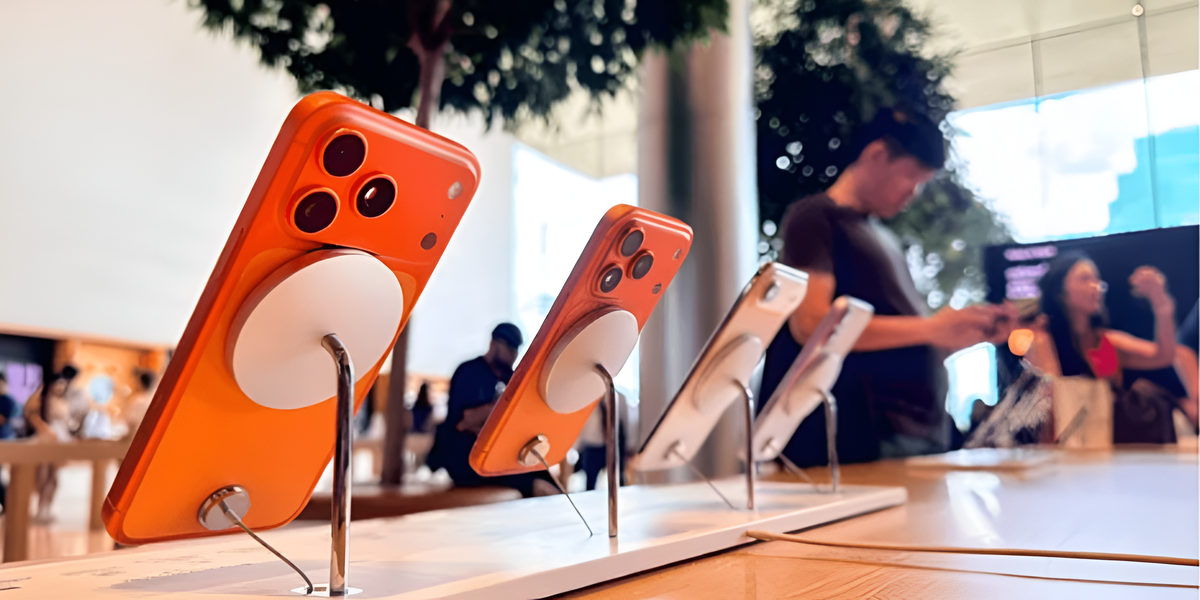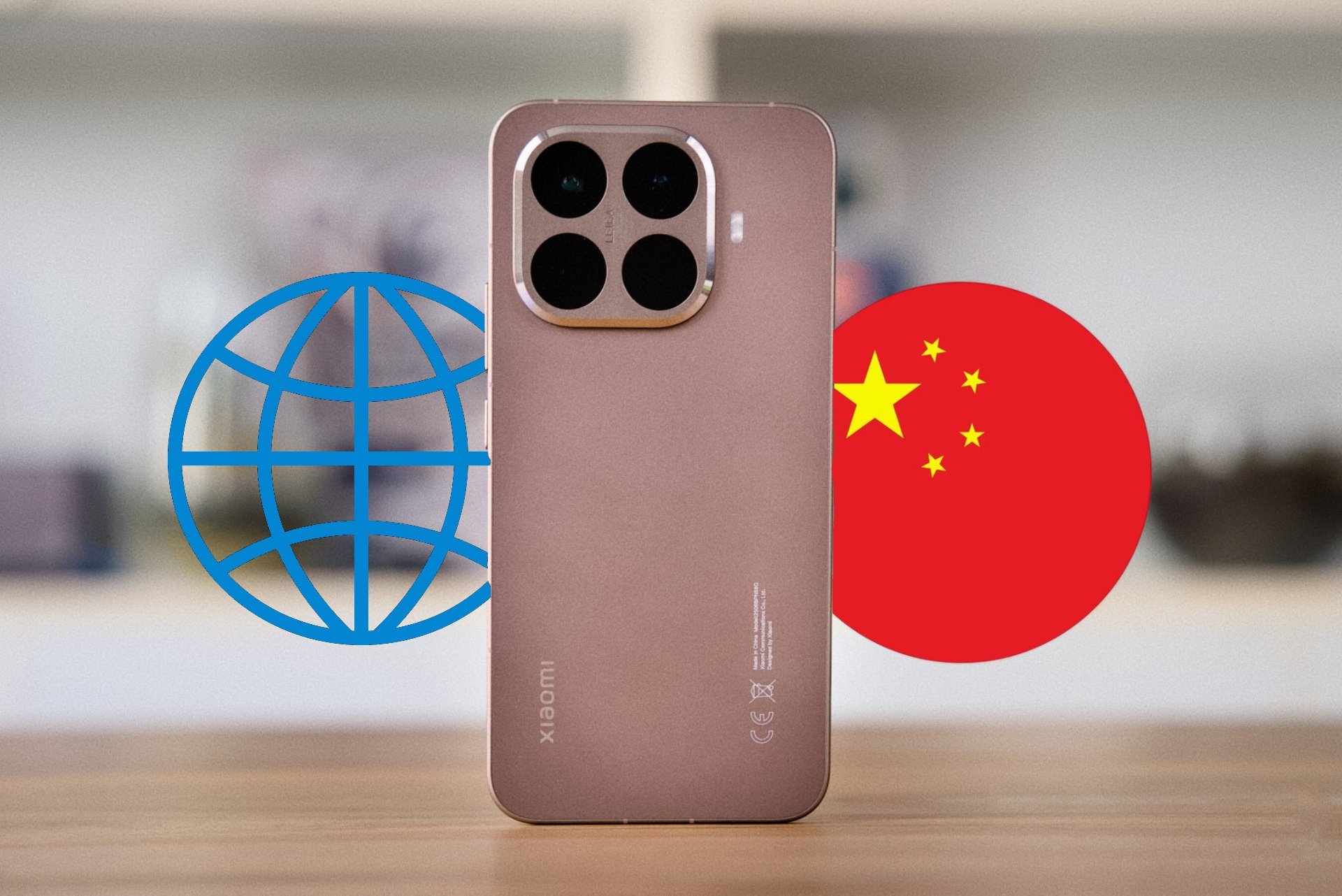Huawei and other Chinese telecommunications companies are subject to restrictions in the US due to national security concerns. Huawei was placed on a trade blacklist in 2019, prohibiting US companies from doing business with it without a special license. This has impacted Huawei’s ability to sell its products in the US market and limited its access to key technologies such as the operating system. Android Google.
However, this apparently did not prevent the Chinese company from working on American soil.
Cutting-edge research is conducted at universities including Harvard, and money is channeled through an independent research foundation based in Washington, as well as a competition for scientists.
Bloomberg found that Huawei was the sole funder of a research competition that has generated millions of dollars since 2022 and attracted hundreds of proposals from scientists. Some of these scientists work at leading US universities, which have banned researchers from working with the company.
One obvious problem is that it is these investigations that provide the basis for providing the data and documents that allow China to access innovation in defense and trade.
“It is a bad option for a prestigious research foundation to anonymously accept money from a Chinese company that is causing so many national security concerns for the U.S. government,” said James Mulvenon, a defense contractor who has worked on the security research and is a co-author. author of several books on industrial espionage.
The foundation that sends these donations to the US is called Optica. posted on the Internet which, among other categories of research, is interested in “highly sensitive optical sensors and detectors.”
Optica CEO Liz Rogan said in a statement that many of the foundation’s donors “prefer to remain anonymous” and that “this practice is not unusual.” He also said that all board members knew about Huawei’s involvement and all approved of it.
A Huawei spokesman defended his company, insisting that its intentions were the same from the start. support global research and promote academic communication. The only reason Huawei chose to remain anonymous was to prevent the research exercise from becoming a promotional exercise, the official said.
Source: Digital Trends












